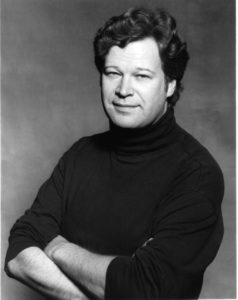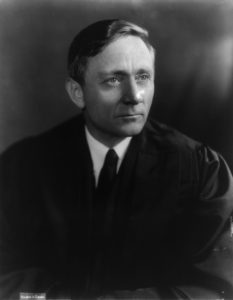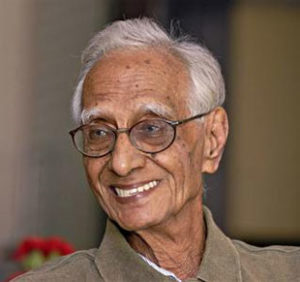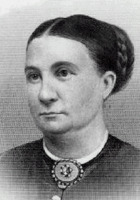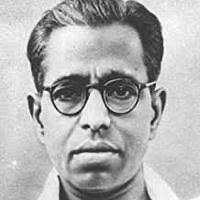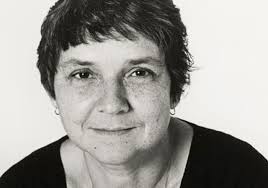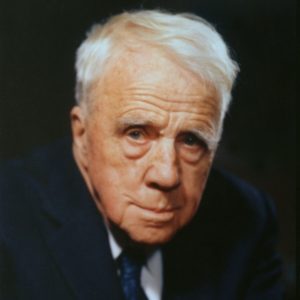We have decided to create the most comprehensive English Summary that will help students with learning and understanding.
How I Taught My Grandmother to Read Summary in English by Sudha Murthy
How I Taught My Grandmother to Read Summary in English
The story is a first-hand narrative in which the author recalls how she taught her grandmother to read. The author’s grandmother had never gone to school as a young girl, but had nursed a deep desire to study. As she grew older, she ensured that her children, and later, her grandchildren were educated.
Her deep desire to read came alive when her granddaughter went to another village to attend a wedding and she was not able to follow one of the stories that her granddaughter used to read out to her, from a magazine. This made her determined to learn to read, even though she was sixty two years old. She asked her granddaughter to be her teacher and the author was amazed at the sincerity and dedication with which she applied herself to her studies.
By Dussehra, the grandmother had learnt to read and on the day of Saraswati Puja, she gifted her granddaughter material for a frock and touched her feet as a mark of respect for her young teacher. In return, the author gifted her grandmother her favourite story, Kashi Yatre, which had inspired her to learn to read and which had now been published as a novel.
How I Taught My Grandmother to Read Summary Questions and Answers
Question 1.
Now that you have enjoyed reading the story, answer the following questions by choosing the correct options.
a. The grandmother could relate to the central character of the story Kashi Yatre as:
(i) both were old and uneducated.
(ii) both had granddaughters who read to them.
(iii) both had a strong desire to visit Kashi.
(iv) both were determined to learn to read.
Answer:
(iii) both had a strong desire to visit Kashi.
b. Why did the women at the temple discuss the latest episode o/Kashi Yatre?
(i) to pass their time.
(ii) the writer, Triveni. was very popular
(iii) they could relate with the protagonist of the serial.
(iv) women have a habit of discussing serials.
Answer:
Because the writer, Triveni, was very popular
c. The granddaughter found her grandmother in tears on her return as:
(i) the grandmother had been unable to read the story ‘Kashi Yatre’ on her own.
(ii) the grandmother had felt lonely.
(iii) the grandmother wanted to accompany her granddaughter.
(iv) she was sad she could not visit Kashi.
Answer:
The grandmother had been unable to read the story Kashi Yatre on her own.
d. Why did the grandmother touch her granddaughter’s feet?
(i) As a mark of respect to her teacher.
(ii) It was a custom in their family.
(iii) Girls should be respected.
(iv) She had read the story of ‘Kashi Yatre’ to her.
Answer:
(i) As a mark of respect to her teacher.
Question 2.
Answer the following questions briefly.
a. What made Triveni a popular writer?
Answer:
Triveni wrote in an easy, convincing style. Her stories dealt with the complex psychologicafproblems in the lives of ordinary people and were very interesting.
b. Why did the grandmother depend on her granddaughter to know the story?
Answer:
The grandmother had never gone to school, so she could not read. Therefore, she depended on her granddaughter to read out the story to her.
c. Pick out two sentences which state that the grandmother was desperate to know what happened in the story.
Answer:
Para 4: ‘During that time… I read the serial out to her.’
Para 14: ‘Many times I … read for me.’
d. Could the grandmother succeed in accomplishing her desire to read? How?
Answer:
The grandmother did succeed by working hard under the guidance of her granddaughter. She would read, repeat, write, and recite what she was taught.
e. Which of the following traits would be relevant to the character of the narrator’s grandmother?
Answer:
(i) determined
(ii) selfish
(iii) emotional
(iv) mean
Give reasons for your choice.
(i) determined: We know that the grandmother was determined because once she made up her mind to study . she set a date by which she wanted to become literate and accomplished it through perseverance and sincere hard work.
(iii) emotional: We know that she was emotional because she felt embarrassed and upset at not being able to read her favourite story when her granddaughter had gone away to attend a wedding in a nearby village.
Question 3.
Here are some direct quotations from the story. Identify the speaker and write what each quotation suggests about the speaker. You can use the adjectives given in the box and may also add your own.
Answer:
| Speaker | Quotation | Quality Highlighted | |
| a. | Narrator | ‘Avva, is everything all right? Are you O.K.?’ | concerned, kind, tender |
| b. | Grandmother | ‘At times, I used to regret not going to school, so I made sure that my children and grandchildren studied well.’ | prudent, understanding, determined |
| c. | Narrator | ‘Avva, don’t cry. What is the matter? Can I help you in anyway?’ | enthusiastic, tender, kind, helpful |
| d. | Grandmother | ‘We are well-off, but what use is money when I cannot be independent.’ | wise, understanding |
| e. | Grandmother | ‘I will keep Saraswati Pooja day during Dassara as the deadline.’ | determined, diligent, systematic |
| f. | Grandmother | ‘For a good cause if you are determined you can overcome any obstacle.’ | wise, determined |
| g. | Grandmother | I am touching the feet of a teacher not my granddaughter.’ | humble, amiable |
